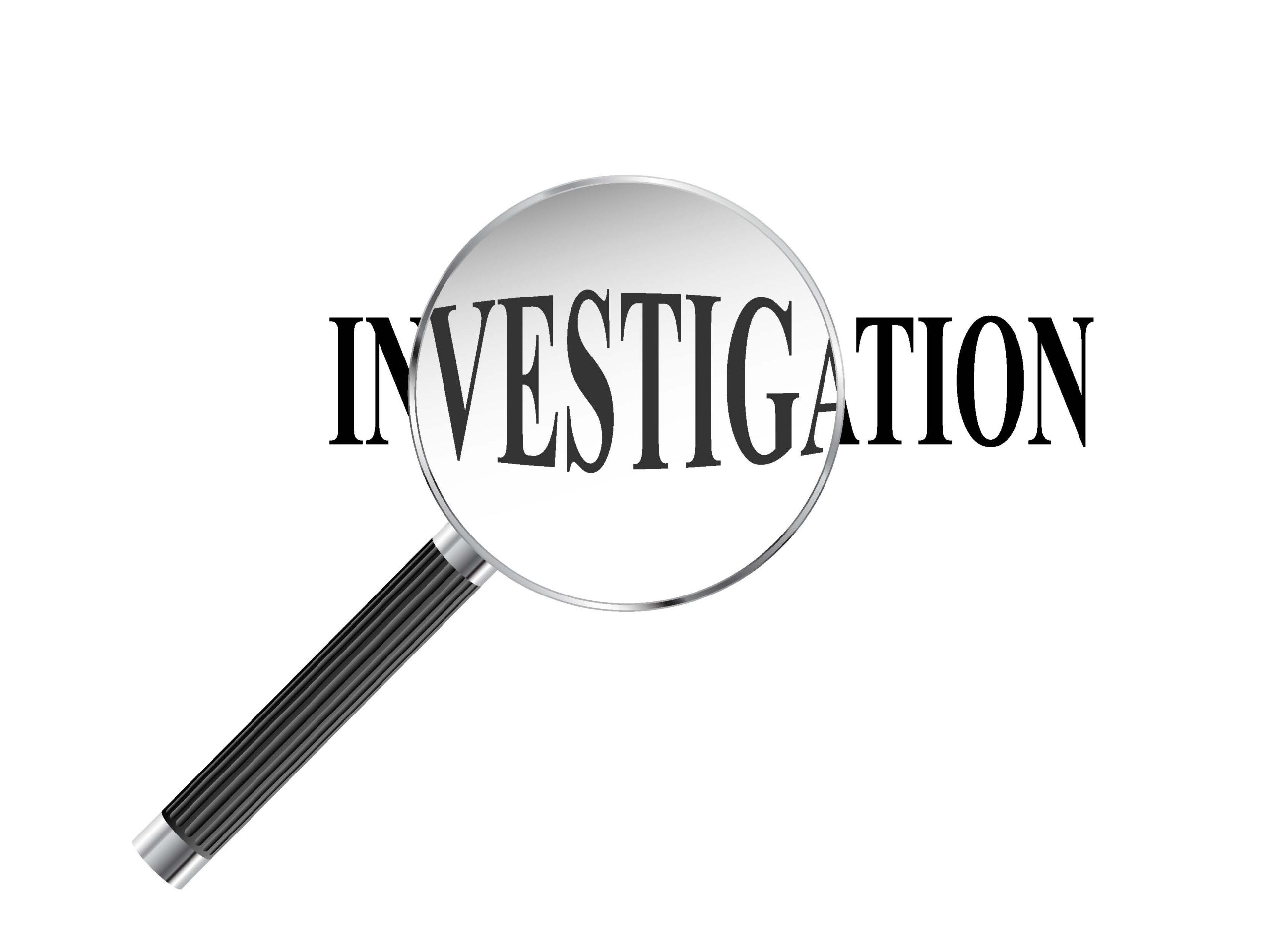
Navigating the world of legal and professional requirements can be daunting. One such requirement you may encounter is the FBI background check.
Officially known as an Identity History Summary, this check is a comprehensive record of your criminal history. It’s a crucial document in various scenarios, from employment to immigration.
But when exactly do you need an FBI background check? And how do you go about obtaining one? These are questions many people grapple with.
In this guide, we aim to demystify the process. We’ll delve into the specifics of when and why you might need this check. We’ll also provide a step-by-step guide on how to request one.
But we won’t stop there. We’ll also explore the process of getting your FBI background check apostilled for international use. This is a crucial step if you’re planning to work or live abroad.
Whether you’re a professional seeking security clearance, an adoptive parent, or someone applying for a visa, this guide is for you. Let’s dive in and unravel the intricacies of the FBI background check.
Understanding the FBI Background Check
An FBI background check, or Identity History Summary, is more than just a document. It’s a comprehensive record of your interactions with law enforcement agencies. It includes your criminal history at both the state and federal levels.
This check is not limited to criminal convictions. It also includes arrests, even if they did not lead to convictions. It covers federal employment, military service, and naturalization.
The FBI maintains these records in a central database. This database is known as the Criminal Justice Information Services Division.
What is an FBI Background Check?
An FBI background check is a detailed record provided by the Federal Bureau of Investigation. It’s an official document that outlines your criminal history, if any.
This check includes information from federal, state, local, and tribal law enforcement agencies. It covers everything from minor infractions to serious felonies.
It’s important to note that an FBI background check is not a simple criminal record check. It’s a comprehensive document that includes a wide range of information.
The Importance of FBI Background Checks
FBI background checks play a crucial role in many areas of life. They are often required for employment, especially in sensitive positions. These checks help employers make informed decisions about potential hires.
In the legal realm, these checks are often used in court proceedings. They provide a detailed account of a person’s criminal history, if any.
For individuals seeking to travel or work abroad, an FBI background check is often a requirement. It’s a way for foreign governments to ensure the safety and security of their citizens.
Scenarios Requiring an FBI Background Check
There are numerous scenarios where an FBI background check may be required. These range from professional circumstances to personal situations. The common thread is the need for a comprehensive and reliable account of one’s criminal history.
In some cases, the requirement for an FBI background check is mandated by law. In others, it’s a matter of policy or best practice. Regardless of the reason, it’s crucial to understand when such a check is necessary.
Here are some common scenarios where an FBI background check may be required:
- Employment in sensitive positions
- Licensing for certain professions
- International travel or work
- Legal proceedings
- Adoption processes
Employment and Licensing
Many employers require an FBI background check as part of their hiring process. This is especially true for positions that involve sensitive information or vulnerable populations. For example, teachers, healthcare workers, and law enforcement officers often need to undergo these checks.
Similarly, certain professions require licensing from state or federal agencies. These licenses often require an FBI background check. This ensures that those in the profession have a clean criminal record.
International Travel and Work
If you’re planning to work or travel abroad, you may need an FBI background check. Many countries require this document as part of their visa application process. It’s a way for them to verify your criminal history, if any.
In some cases, the background check needs to be apostilled. This is a form of international certification that verifies the authenticity of the document.
Legal and Adoption Processes
In the realm of law, an FBI background check can play a crucial role. It’s often used in court proceedings to provide a detailed account of a person’s criminal history. This can be relevant in cases ranging from civil disputes to criminal trials.
Similarly, those looking to adopt a child often need to provide an FBI background check. This is a way for adoption agencies to ensure the safety of the child. It’s a crucial step in the adoption process.
How to Request an FBI Background Check
Requesting an FBI background check is a process that involves several steps. It’s important to follow these steps carefully to ensure the accuracy of the results. The process begins with gathering the necessary information and documents.
You’ll need to provide personal information such as your name, date of birth, and social security number. You’ll also need to submit a set of your fingerprints. This can be done at a local law enforcement agency or a private fingerprinting service.
Once you have all the necessary information and documents, you can submit your request to the FBI. This can be done online or by mail. The FBI charges a fee for processing the background check.
Step-by-Step Guide to Requesting Your Background Check
Here is a step-by-step guide to requesting your FBI background check:
- Gather your personal information. This includes your full name, date of birth, and social security number.
- Get your fingerprints taken. This can be done at a local law enforcement agency or a private fingerprinting service.
- Submit your request to the FBI. You can do this online or by mail. Be sure to include the necessary fee.
- Wait for the results. The processing time can vary, but it typically takes a few weeks.
Interpreting the Results
Once you receive the results of your FBI background check, it’s important to understand what they mean. The report will list any criminal history associated with your fingerprints. This includes arrests, charges, and convictions at the federal, state, and local level.
If you find any inaccuracies in the report, you have the right to challenge them. This can be done by contacting the agency that provided the information to the FBI. It’s crucial to ensure the accuracy of your background check, as it can have significant implications for your professional and personal life.
Apostilling Your FBI Background Check
If you plan to use your FBI background check outside of the United States, you may need to have it apostilled. An apostille is a form of authentication recognized by countries that are part of the Hague Apostille Convention. It verifies the authenticity of your document, making it acceptable for use in these countries.
The need for an apostille depends on the requirements of the foreign country where you intend to use the document. Some countries may require an apostille, while others may require a different form of authentication. It’s important to check the requirements of the specific country.
What is an Apostille and When Do You Need One?
An apostille is a certificate that authenticates the origin of a public document. It’s issued by a designated authority in the country where the document was produced. The apostille allows the document to be recognized in foreign countries that are part of the Hague Apostille Convention.
You’ll need an apostille if you’re planning to use your FBI background check in a foreign country that is a member of the Hague Apostille Convention. This includes countries in Europe, Asia, the Americas, and Oceania. Always check the specific requirements of the country where you intend to use the document.
The Apostille Process for FBI Background Checks
Obtaining an apostille for your FBI background check involves several steps. First, you’ll need to submit your background check to the U.S. Department of State. They will verify the signature on the document and attach the apostille.
Next, you may need to have the apostille translated if the country where you’re using the document does not use English as an official language. This should be done by a certified translator to ensure accuracy.
Finally, you’ll need to present the apostilled document to the relevant authorities in the foreign country. This could be a government agency, an employer, or a university, depending on why you need the background check. Always keep a copy of the apostilled document for your records.
Common Questions and Concerns
When dealing with FBI background checks and apostilles, it’s natural to have questions and concerns. These documents contain sensitive information and are used for important purposes. It’s crucial to understand the process and know your rights.
Addressing Inaccuracies and Privacy Issues
If you find inaccuracies in your FBI background check, you have the right to request a correction. The FBI provides guidelines on how to dispute inaccuracies. It’s important to address these issues promptly to avoid potential complications.
Privacy is another common concern. Rest assured, the FBI adheres to strict privacy laws when handling your information. Your personal data is protected throughout the background check process.
The Validity and Renewal of Background Checks and Apostilles
FBI background checks and apostilles do not have a set expiration date. However, the entity requesting the document may have specific requirements about its recency. It’s important to check these requirements to ensure your documents are accepted.
If you need to renew or update your FBI background check or apostille, you’ll need to go through the respective processes again. This includes submitting a new request for a background check and obtaining a new apostille. Always plan ahead to account for processing times.
Conclusion and Additional Resources
Navigating the process of obtaining an FBI background check and apostille can be complex. However, with the right information and resources, it’s manageable. Always remember to double-check the requirements of the entity requesting these documents and plan ahead to account for processing times.
For further assistance, you can reach out to the FBI directly or consult with a reputable apostille service. Legal professionals can also provide valuable guidance. Stay informed and proactive to ensure a smooth process. Remember, these checks are crucial for your professional and personal endeavors, so it’s worth the effort to get them right.
